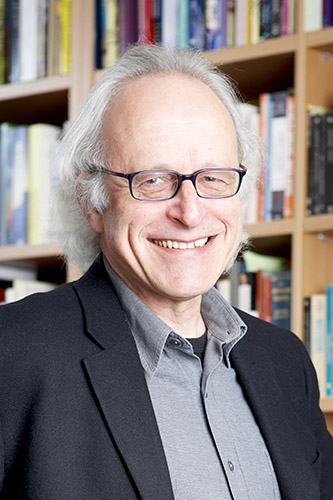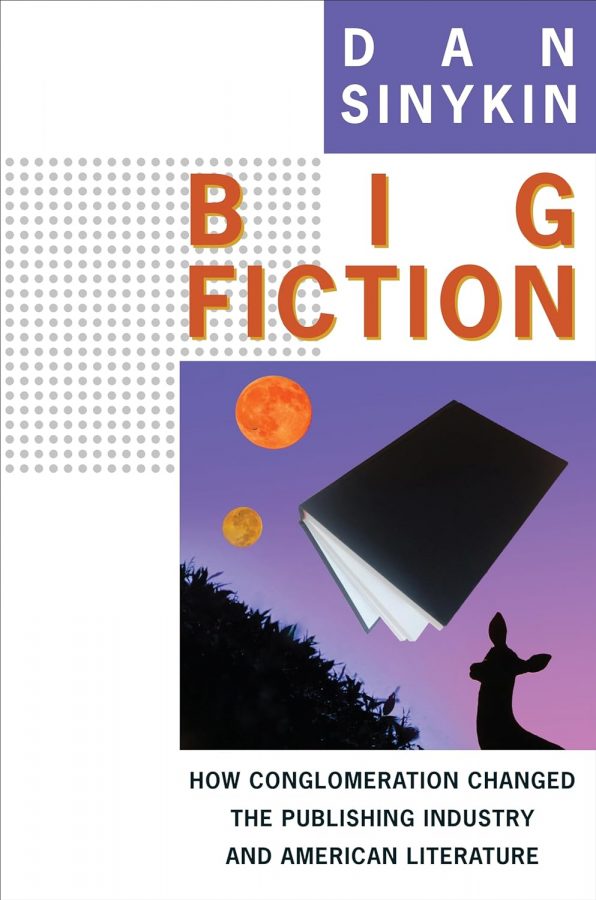The critic Jonathan Jones caused something of a stir recently when he lamented, in the Guardian, how the belief in literature as a force for change was being debased in favour of the currency of popular appeal. ‘In the age of social media and ebooks, our concept of literary greatness is being blurred beyond recognition. A middlebrow cult of the popular is holding literature to ransom.’
This was in response to the emotional outpouring occasioned by the death of Terry Pratchett, which Jones compared to the much more muted response (at least on the internet) to the death of Gabriel Garcia Marquez. I have had the same thought myself quite a lot lately – not in relation to the death of authors, but to the rewards bestowed upon them while they are still alive.
It’s in the giving of literary prizes that the cult of the middlebrow seems now to have established itself, which is quite a triumph, if you think of such prizes, as I still do, more and more desperately, as the last bastion, in this world, for the literary recognition that is withheld by the marketplace. I speak as a publisher, and so have to tread carefully – if I mention names I will be accused of bearing a grudge. I do bear a grudge actually – it’s about the thousands of dollars in entry fees I have to pay each year to support the administration of prizes that more and more frequently, in my view, go to authors who are neither challenging or innovative. What they do have, often in abundance, is ‘appeal’.
Booksellers and festival directors seem to have an increasing presence as judges now, presumably because they are regarded as the connoisseurs of what appeals. For that reason I would rule them out. However fair-minded they might be, they are used to thinking of books in terms of sales and attendances. For the same reason, I think it is wrong, though many prize administrators clearly think it is right, to have a panel of judges that represents the different sectors of the reading community – writers, librarians, retired politicians with cultural leanings, actors, singers, television presenters, even, when it comes to the popular choice awards, the general reader – though wisely perhaps, such awards rarely come with much money.
What the awards judged by such panels tell us, is that the winning books should have wide appeal. They don’t really tell us anything about their qualities as literature. It’s a truth well understood, though perhaps not much regarded these days, that literary quality stands in an often hostile relation to popular appeal. Nevertheless, it takes strong judges to choose books that they know people will have to make an effort to read. They can hear the whine of popular disappointment insinuating itself into their brains – ‘It’s difficult to read…’ ‘I didn’t like the characters…’ ‘There wasn’t much of a story…’
The test, when it comes to confronting the challenging quality of literature, is the judging panel’s attitude to poetry. Even though its attitude to the genres it did honour could hardly be called elevated, the shortlist for the Melbourne Prize Best Writing Award, announced a few days ago, didn’t include one poetry book among its ten listed titles. That is to say, in the judges’ opinion, there hasn’t been one collection by a Victorian poet published since July 2012 that is worthy of mention. That’s a pretty serious charge, against the judges I would say, not the poets, because the poetry scene in Victoria, and in Melbourne in particular, is the most active and adventurous in the country.
To whom, then, should we entrust the judgement of literary quality? I’m inclined to favour those who have a critical training in literature, a good knowledge of literary history, and a wide acquaintance with contemporary writing in all its genres. That would exclude a lot of writers, who might otherwise be chosen because they know the craft from the inside, or because they won the prize last time round. I don’t speak of the affiliations and rivalries to which writers might be subject, when judging the work of their fellows. The definition of critical competence I’ve given would seem to favour literary reviewers and literary academics. But many literary reviewers now are primarily writers; and those who are primarily reviewers will have already announced their likes and dislikes in advance, and in public, in their reviews. This must complicate their role as disinterested judges. It was literary academics, innocent of the wiles of the market, and those who write for it, who bestowed the big prizes on Helen Demidenko twenty years ago – whether for this reason, or because academics could hardly be seen as experts on popular literary appeal, they no longer seem to have the prominence they once had on judging panels.
So I am forced to the conclusion that no one is really suitable to be a judge of literary prizes. Perhaps the Prime Minister and Minister Brandis are right – they should be the judges. But I favour a different conclusion – that we should get rid of prizes altogether.
They don’t do much for authors on the whole. Apart from the Miles Franklin and the CBCA Awards, they don’t do a lot for publishers either.
How much are the prizes worth, when taken together? It would have to be over $2,000,000 nationally each year.
I would use the money to enrich the literary environment, and raise the bar on literary achievement, so that we are actually talking about literature and not something else. I would spend it on fellowships and residencies and international exchanges. On a national body to coordinate the reprinting of Australian classics. On the proper funding of literary translations, into and out of Australia. On the establishment of ‘literature houses’ in metropolitan and regional centres, to host national and international touring programs. On a centre for Indigenous storytelling. On a national poetry festival and archive.
Among the benefits there would be this – it would free us from that monstrous embodiment of popular appeal, the writers’ festival that promises everything to everyone in the name of the literary, and boasts for its accomplishment, the ability to grow in attendance by 10% every year.
Our first essay this week, ‘Frequent Coarse Language’ by James Ley, deals with Merciless Gods, a collection of short fiction by Christos Tsiolkas and a new monograph by Andrew McCann on the Melbourne author’s work. Ley writes:
Merciless Gods arrives at an interesting stage of Tsiolkas’ career. As Andrew McCann points out at the beginning of Christos Tsiolkas and the Fiction of Critique, the international success of The Slap has placed its author in an odd position. Tsiolkas has been absorbed into a mainstream he has at times railed against, despite the fact that his work has, quite explicitly, adopted an adversarial and often confrontational stance. He has sought to position himself as a marginal writer – not simply on the basis of his identity as the homosexual son of Greek immigrants and his outspoken opposition to the prevailing neoliberal order, but as someone whose work seeks to challenge that political order via an embrace of the unacceptable and the obscene.
Our second essay, by Sophia Barnes, deals with three first books by young Australian authors: Miles Allinson’s Fever of Animals, Murray Middleton’s When There’s Nowhere Else to Run and Cass Moriarty’s The Promise Seed. All three, Barnes observes,
are first time authors who have been singled out for recognition – Allinson as winner of the Victorian Premier’s Unpublished Manuscript Award, Middleton with the Vogel Literary Award, and Moriarty in the Emerging Author category of the Queensland Literary Awards. The mantle of emerging author can be a heavy one, particularly for those whose work has already garnered critical acclaim at manuscript stage. While these three share the advantage such attention brings them in what is a busy marketplace for new writers, their work displays a marked diversity of theme and form.
From the Archive this week turns to another writer who has achieved a form of mainstream literary celebrity, Anne Carson. Kate Middleton wrote on Carson’s verse narrative Red Doc> in an essay entitled ‘Sad and Bats’:
Anne Carson is among that small number of contemporary writers who have achieved the unthinkable: she has produced poetry that has made the bestseller lists. Since the success of Autobiography of Red (1998), all of her books have sold big – and so has her back catalogue, including her scholarly works Eros the Bittersweet (1986) and Economy of the Unlost (1999). Eros the Bittersweet, her idiosyncratic study of the ancient Greek poet Sappho, even made an appearance in the pilot episode of the television show The L Word, in which one character proclaimed to another, ‘That book practically changed my life’.

